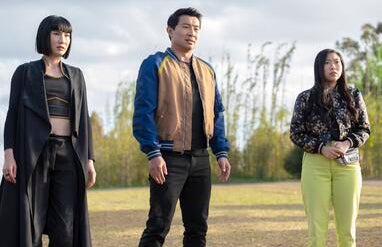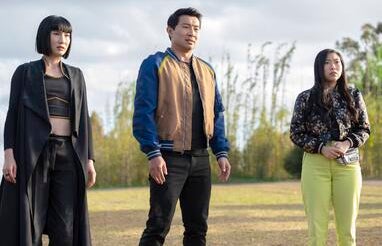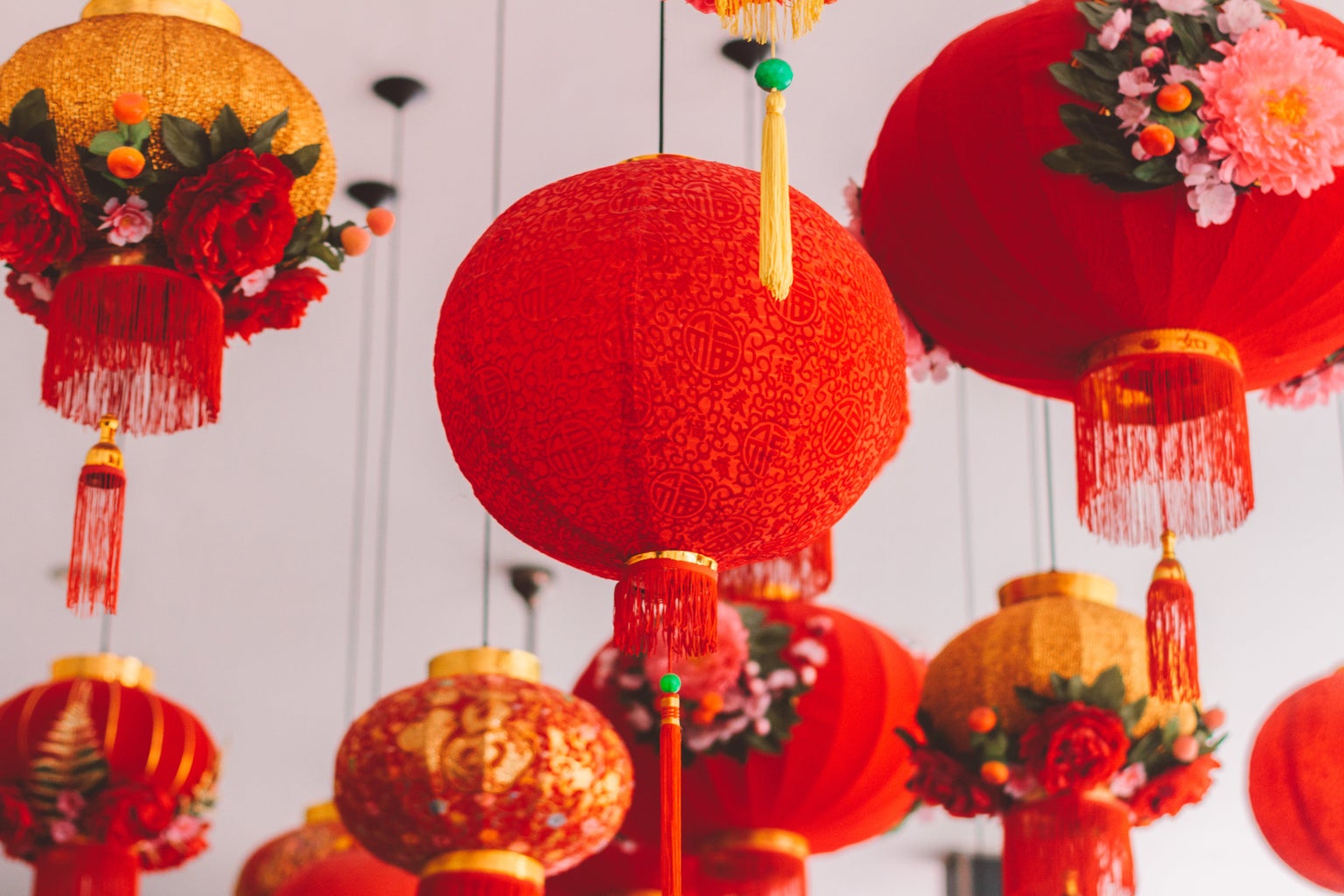Recent movies portraying Asian culture have been extremely popular, including Hollywood blockbusters like Shang Chi and the Legend of the Ten Rings, Crazy Rich Asians, and Mulan. There are strong elements of Asian culture embedded in all these films, and Western audiences are able to appreciate them. Audiences love the elements most commonly depicted in these movies — especially the dragons, kung fu, family bonding, and heritage. While I’m happy to see Asian culture showcased, I can’t help but wonder — do these films break stereotypes or repackage them?
For a more comprehensive point of view, I reached out to MT Movie Bar, a movie podcast based in Taiwan. I talked to one of the show’s hosts, Mion, who gave in-depth reflections on how the movie “Shang-Chi” impacted the perception of Asians and Asian culture. “I appreciate and am optimistic about the impact of Shang Chi and Legend of the Ten Rings,” Mion said.
He did, however, explain that many of the roles in Shang Chi stem from distinctly American impressions of Chinese people. The protagonist, for instance, was inspired by Bruce Lee, who was the greatest vision and fantasy of Asians; the villain emerged as a tyrant in Chinese history, and he even has a name consisting of discriminatory terms.
Despite this, Mion still found Shang Chi to be the Marvel movie with the largest adaptation range to date, acknowledging producer efforts to avoid discrimination as much as possible. They also retained many conventional notions and cultural elements. “Through how they portrayed Xu Wenyu, we can still see his patriarchy, ancestry, and Confucianism concepts,” said Mion.
These settings were meant to depict Xu’s experience of living for hundreds of years and having to see all his beliefs go out of date. It’s a pity that there wasn’t enough time for the film to properly explain what shaped Xu’s old-fashioned, “Asian-stereotyped” concepts.
After all, Shang Chi is still a commercial film. Its purpose is to make money, so it needs to meet the expectations of the audience. It’s this catering that drives the inclusion of kung fu martial arts and applied visual effects.
Shang Chi also treated mythology carefully. “They recreated ‘Lijiang’ and ‘Haechi,’ two fantasy creatures in the ancient Chinese myth, in a more lovable image without making it too different from the myth,” Mion said. “I also found the dragon in the film unique, which had the pattern of Koi Carp. I assume they design it based on the Chinese idiom, ‘The carp leaped into the dragon’s gates.’” Mion also noted that the scene with ancestor worship and the carvings on the temple walls was more sophisticated than the recent Disney movie Mulan.
In analysis of the setting, Mion pointed to another Marvel movie, Black Panther, located in the depths of the African savannah, with people wearing clothes with “African patterns” and singing “African traditional tunes” that we tend to associate with Africa.
“These established formulas and elements are difficult to be erased from mainstream society and work, but people know new cultures by first getting to see their labels,” Mion explained. “Only when people get familiar with a culture through knowing more of its labels, will it have the opportunity to tear off the labels that should be eliminated in the eyes of the public.”
Just like Crazy Rich Asians, people perceived the film simply as a work borne out of Asian stereotypes. However, in the case of Crazy Rich Asians, when viewers take a closer look at the film, its commentary on the generational gap and struggles in immigrating to the U.S. is more obvious.
“Maybe when I look back at these films in 30-40 years, it will be like rewatching Six People, where many places that were innovative back then are now out of fashion. To some extent, that has become proof of progress,” Mion said.
Major Asian-centered films like these are a good start, but there is still much work needed to break the mold of stereotypes and “safe” fan-favorite elements that most audiences will be receptive to.
Want to keep up with HCBU? Make sure to like us on Facebook, follow us on Instagram, check out our Pinterest board, and read our latest Tweets!




